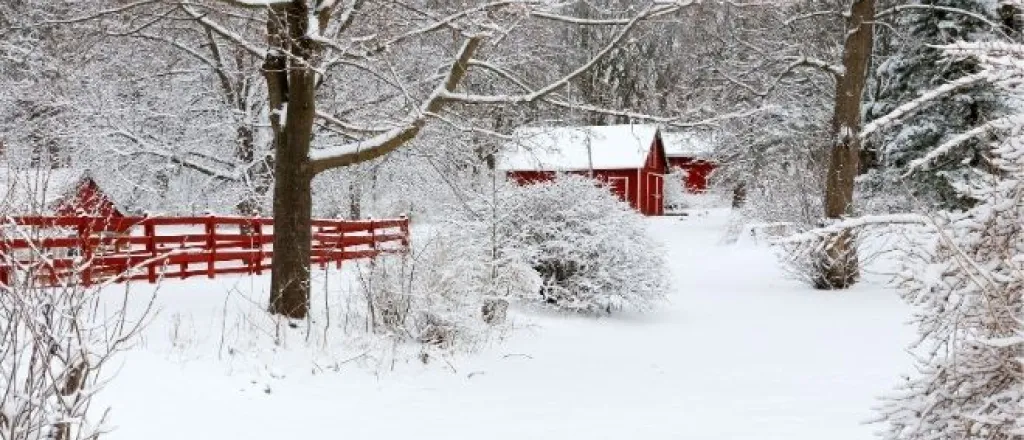
Tips for Surviving Winter on Your Hobby Farm
Living on or running a hobby farm is a dream for many people. It gives you the benefits of enjoying farm animals, growing your own food, and spending a lot of time outdoors, without the expenses of a full-size farm. If you’re a hobby farmer, you understand it isn’t just a simple little hobby. You have to take care of all the things you enjoy about the farm, or it won’t function properly.
Preparing ahead of time for winter is a necessity to keep things running smoothly. When you properly prepare for winter on your farm, spring will quietly and happily enter when it’s time. It isn’t too late to catch up on winterizing or implementing some of the following tips for surviving winter on your hobby farm.
Prepare Farm Equipment
Farm equipment may look large and strong, and it certainly is. But a tough winter can freeze up your machinery, making it tough to use and expensive to repair. To prepare for winter, drain the fuel from any equipment you won’t be using. You aren’t going to be cutting grass or plowing fields during the winter, so now is the time to empty those unused machines and give them a thorough cleaning. Also, check the tires on your tractor. Spring isn’t the time to find out you need new tractor tires.
With the extra downtime, make a list of what will be resting in the winter, and give those things some attention. Winter is a great time to sharpen tools that have been busy working during the other three seasons. Your blades and saws will be ready to grab when you need them in the spring and summer.
Choose Crops That Can Withstand the Cold
You won’t be growing much in the winter, but you can choose crops that, with the right covering and protection, may stretch longer than you think. Certain onions, garlic, and even the right broccoli can withstand a frost and lower temperatures. Also consider growing cover crops to protect and nourish your soil for the spring. Alfalfa and clover are two options that prevent weeds while adding nutrients to the soil.
Protect Your Farm Animals
Wet and cold animals can become sick animals. Your animals are helpful to you, and they deserve to have a warm place to rest in the winter. Check shelters for spots that have cracked or broken, letting in the cold air. There should also be plenty of straw for resting and hay for feeding.
Don’t Let Water Freeze
It can be easy to forget about preparing water for winter. Then, suddenly, a water source freezes overnight, and you can’t get water for your animals. Depending on the water source, you can drain or insulate pipes or apply heat when necessary.
These tips for surviving winter on your hobby farm are just a start. Walk around your farm and see what else you can do now to survive winter and be ready for glorious spring.

















